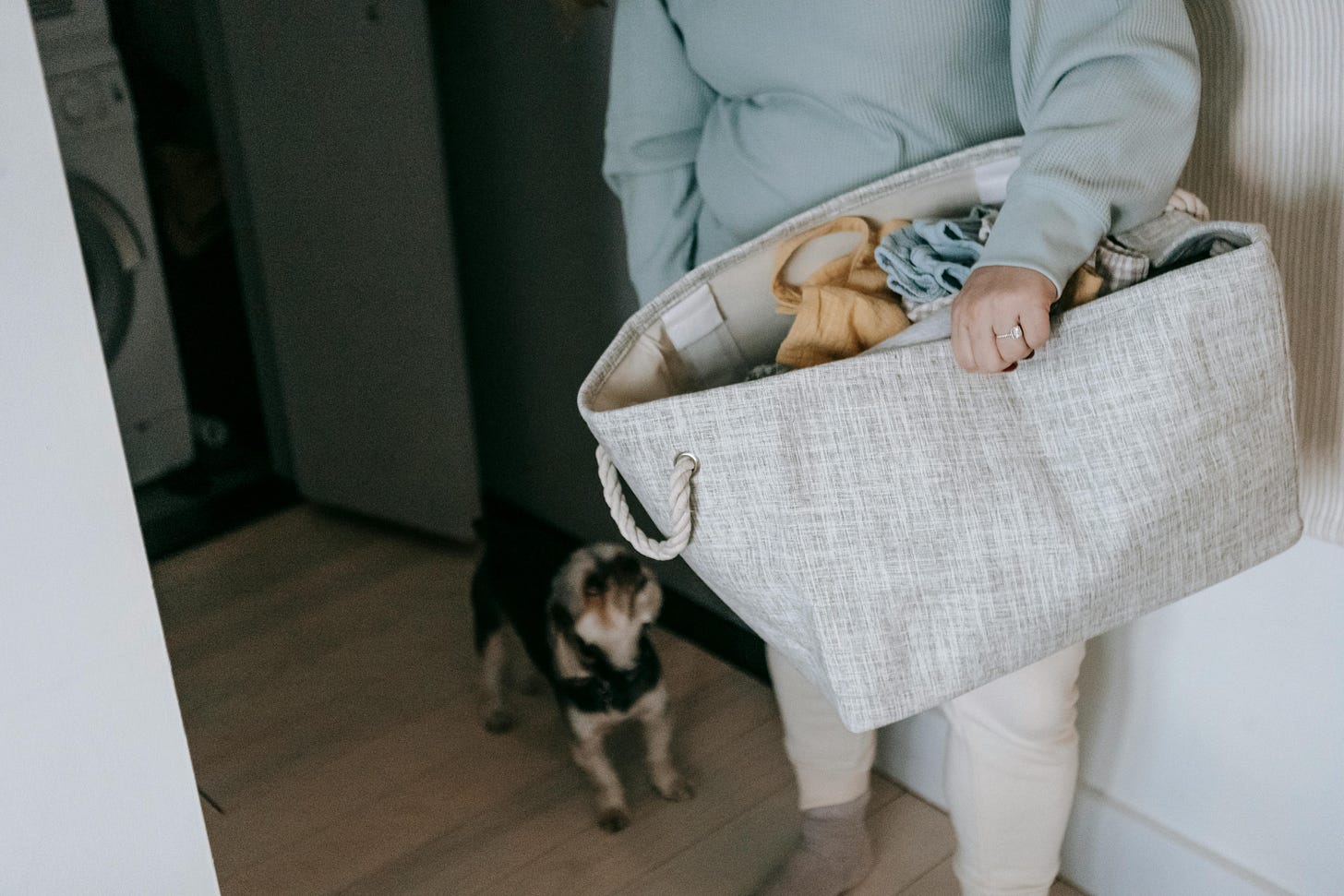Emotional labour, a term first coined by sociologist Arlie Hochschild in 1983, refers to the invisible and often undervalued work involved in managing emotions to create comfort for others. From calming a distressed child to ensuring harmony during a tense workplace meeting, emotional labour disproportionately falls on women. When viewed through a feminist lens, the unequal distribution of this labour becomes a stark reflection of broader societal inequalities, with significant repercussions for mental health.
Emotional Labour as Women’s Burden
Women are socialised from an early age to prioritise the needs of others. Phrases like "be nice" or "don’t cause a fuss" condition girls to suppress their own emotions and focus on the emotional comfort of those around them. As adults, this conditioning manifests in various domains—professional, personal, and domestic. Women often find themselves acting as unpaid therapists, mediators, or peacekeepers, roles that can feel inescapable and unacknowledged.
I see this pattern play out in my own life. As a woman with ADHD, fibromyalgia, and caregiving responsibilities, I often feel caught in a web of expectations. At home, I manage the emotional needs of my neurodivergent daughter, completing a PhD and my numerous health issues. Each day involves balancing unique challenges while ensuring my own mental health doesn’t completely unravel. In academic and professional spaces, I frequently step into the role of mediator or supporter, even when it’s not explicitly required of me. This invisible labour is not only exhausting but also deeply unacknowledged.
In the workplace, women frequently bear the brunt of managing group dynamics, mentoring younger colleagues, and resolving interpersonal conflicts—tasks that rarely feature in job descriptions or performance evaluations. At home, they navigate the emotional needs of partners, children, and sometimes ageing parents, with little room to express their own vulnerabilities. This unrecognised labour often leads to burnout, resentment, and mental health struggles.
The Mental Health Toll
Carrying the weight of emotional labour without adequate support can exacerbate stress, anxiety, and depression. Women who feel obligated to constantly prioritise others’ emotional needs may struggle to set boundaries, leaving them with little energy to care for themselves. Over time, this chronic neglect of personal wellbeing fosters emotional exhaustion and diminished self-worth.
In my case, managing emotional labour alongside ADHD means I often experience a mental tug-of-war. One day I feel capable of tackling everything on my plate; the next, I’m paralysed by the sheer weight of unmet demands. This inconsistency intensifies feelings of guilt and self-doubt, compounding the toll on my mental health. For women already dealing with conditions like mine, the additional emotional burden compounds their health challenges.
The interplay between emotional labour and mental health is particularly evident in caregiving roles. Whether caring for children, elderly parents, or loved ones with disabilities, the mental load of managing another’s wellbeing—often coupled with a lack of institutional support—can result in high levels of stress. For women already dealing with conditions like ADHD or fibromyalgia, the additional emotional burden compounds their health challenges.
A Feminist Reframing of Emotional Labour
The feminist perspective invites us to challenge the status quo by recognising emotional labour as real, valuable work. By naming and addressing it, we take a crucial step towards redistributing it more equitably. This involves both societal and personal shifts:
At the societal level, workplaces must value and reward emotional labour. Policies that encourage shared responsibility—such as flexible working hours, parental leave for all genders, and mandatory management training on emotional dynamics—can reduce the burden on women.
At the personal level, individuals can disrupt traditional gender roles by advocating for open conversations about emotional labour within their relationships. Shared understanding and negotiation are key to balancing responsibilities.
For me, setting boundaries and openly discussing the emotional labour I shoulder has been transformative. It hasn’t been easy—breaking lifelong patterns never is—but it’s necessary. Self-care, I’ve learned, is not a luxury; it is a radical act of self-preservation that resists the societal demand to put others first at all costs.
Feminism also encourages women to prioritise their mental health by setting boundaries and seeking support when overwhelmed. Self-care is not a luxury; it is a radical act of self-preservation that resists the societal demand to put others first at all costs.
Viewing emotional labour through a feminist lens highlights its pervasive impact on women’s mental health. The path to change lies in recognising this invisible workload, challenging its unequal distribution, and advocating for systems that support shared responsibility. By addressing emotional labour as both a feminist and a mental health issue, we move closer to a more equitable and healthier society for all. For women like me, who live at the intersection of caregiving, neurodivergence, and professional expectations, this recognition is not just empowering—it is essential.





"Self-care is not a luxury; it is a radical act of self-preservation that resists the societal demand to put others first at all costs." YES!!
You have nailed it. Sorry for the cliche here but it's the end of a long day of writing and my words are a bit stale at this hour. I'm working on a writing workbook for women on how to unsilence them/ourselves and in one section I describe the practice of carrying of emotional labor as a burden that silences women. We are so exhausted by having the responsibility for regulating the family's happiness, mental health that we can hardly speak. It's a kind of emotional impoverishment for most of us and one of the most overlooked forms of oppression. To make matters worse, we are socialized to believe we should love this role. Thank you for this post!